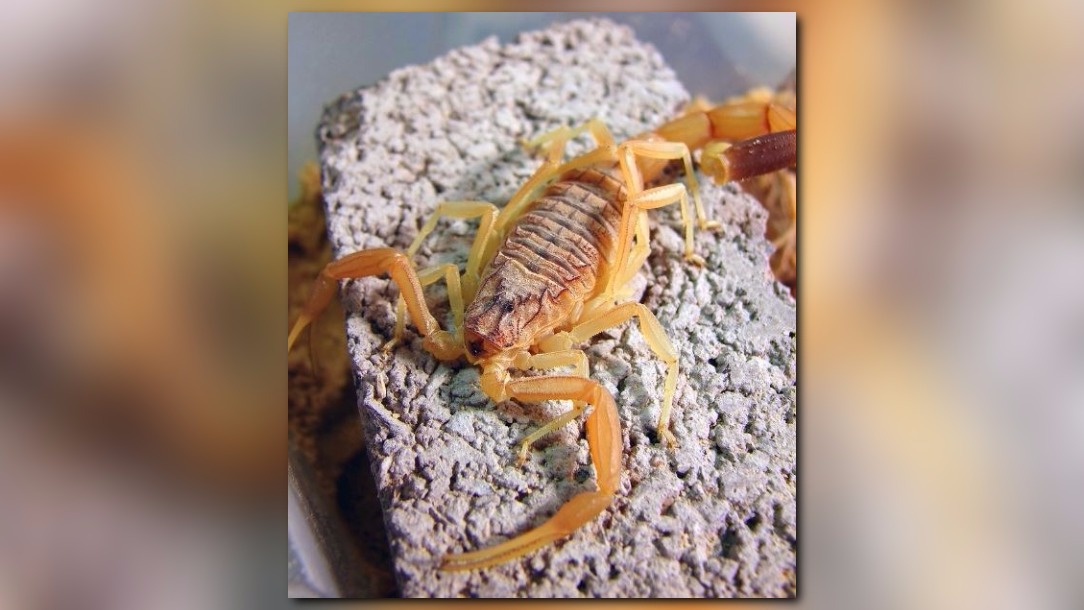BELLEVUE, Wash. - Overlake Medical Center has started a Phase 1 clinical trial in Blaze Bioscience Tumor Paint BLZ-100 Clinical Trials on adult patients.
The "Tumor Paint" was developed to light up tumors during some cancer surgeries, which is supposed to help surgeons who cannot typically see cancer during surgery.
BLZ-100 is made up of a glowing dye and an optide which binds to cancer cells. The optide is derived from the "Israeli Deathstalker scorpion and synthetically optimized to have improved drug-like properties," according to Tumor Paint’s maker, Blaze Bioscience.
Dr. Jim Olson, a pediatric neuro-oncologist and researcher at the Fred Hutchinson Cancer Research Center and Seattle Children’s Hospital, developed the Tumor Paint technology.
“For many cancers right now, when surgeons are operating, we can’t see the cancers, which seems really strange,” said Dr. Kristi Harrington, who is a breast surgeon at Overlake Medical Center. She explained she uses clips and wires inserted through ultrasound well before the surgery. “But if you can actually put a tag on it and you can have a special light that illuminates the tag, then that could help the surgeons actually make they’re getting rid of all of the cancer.”


